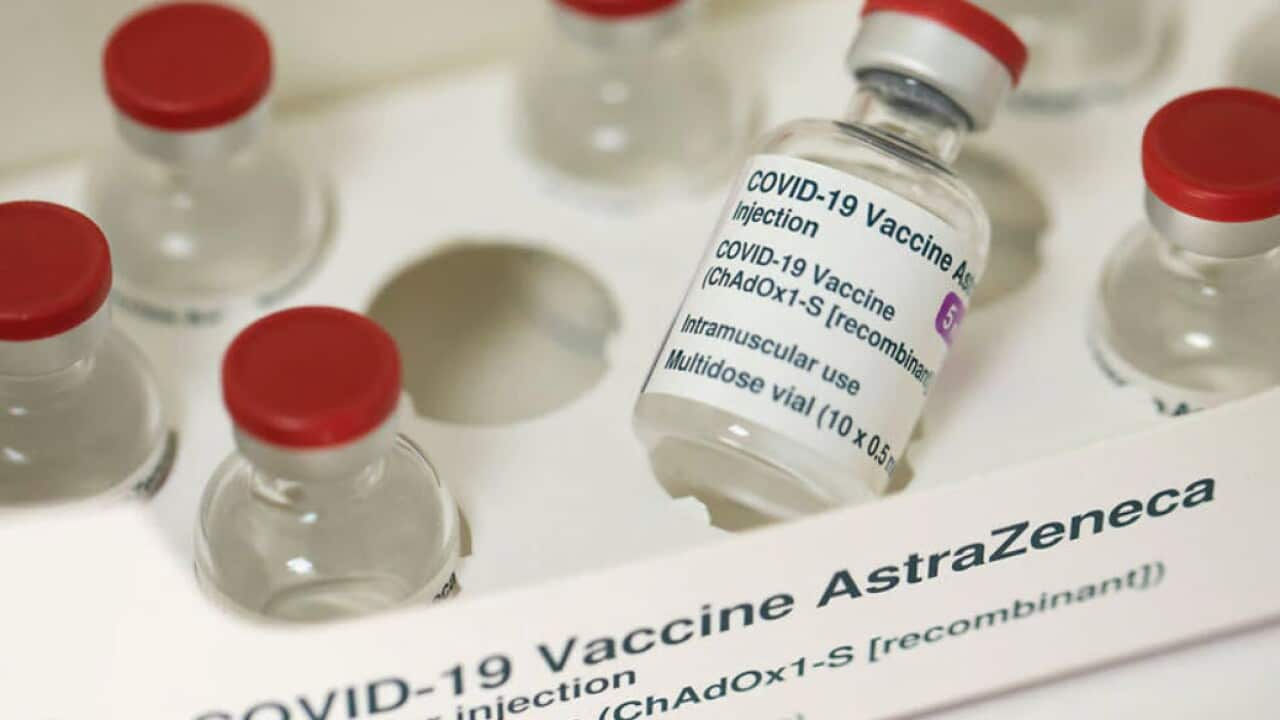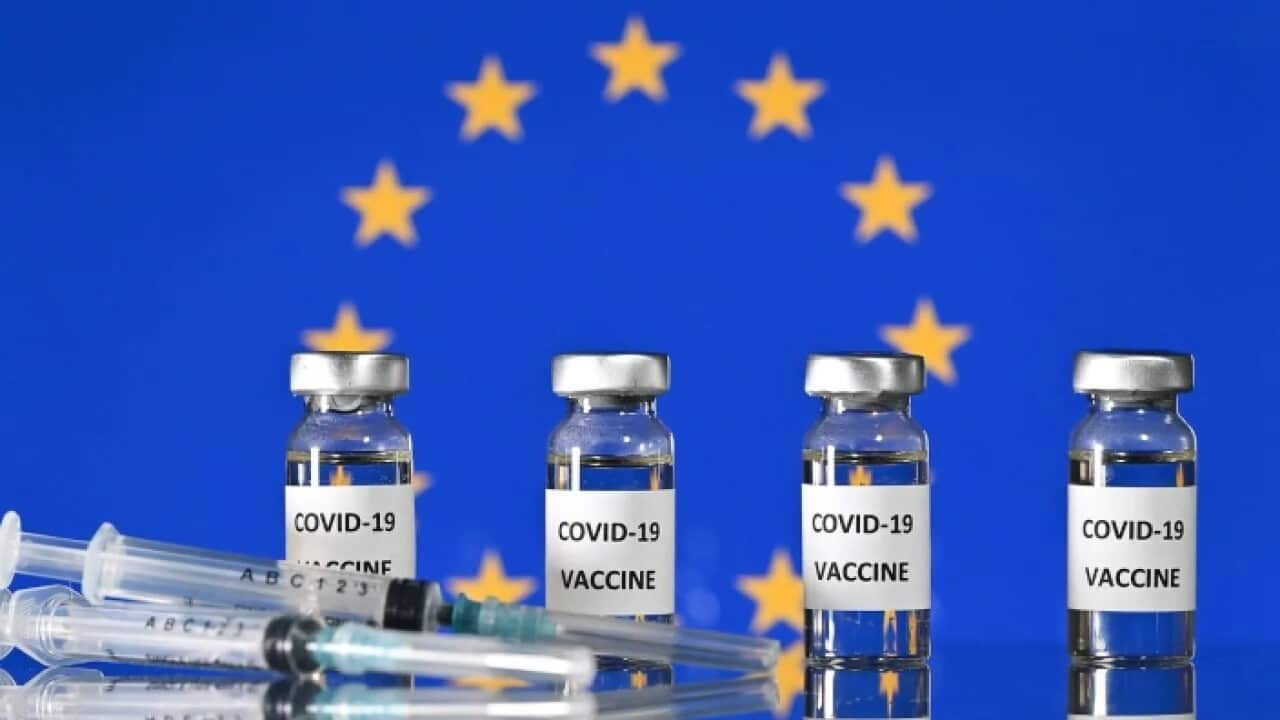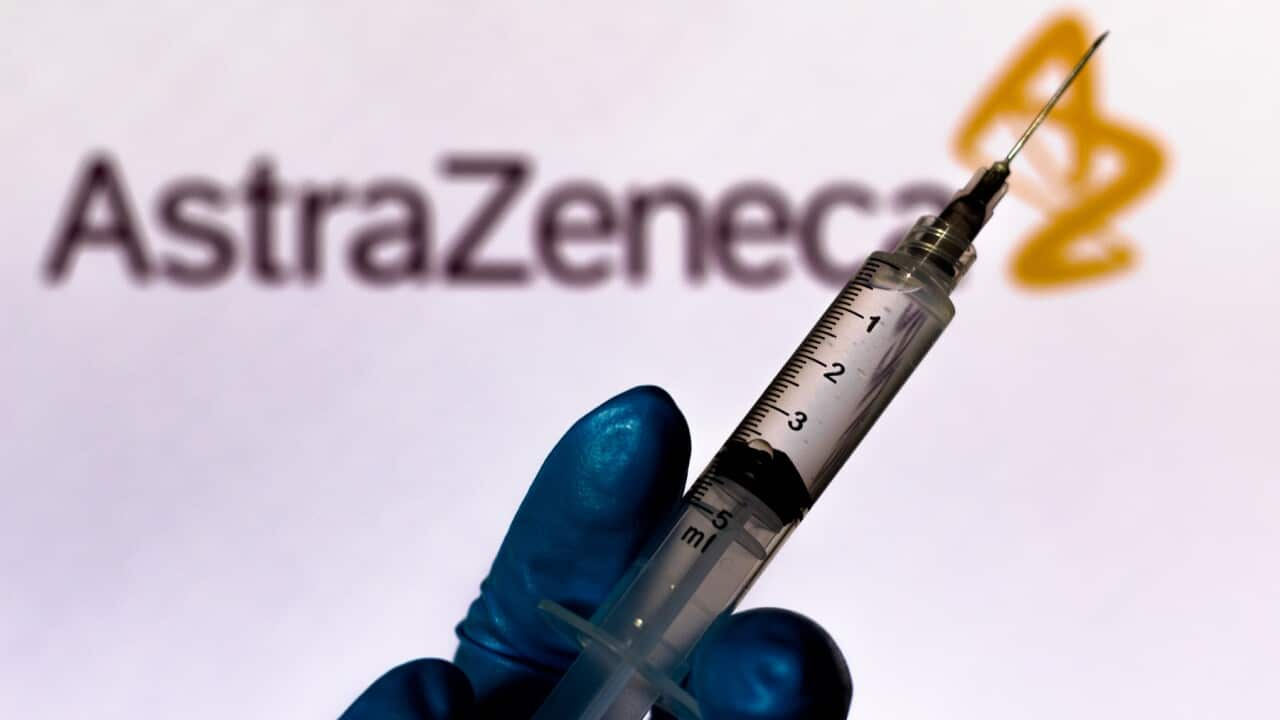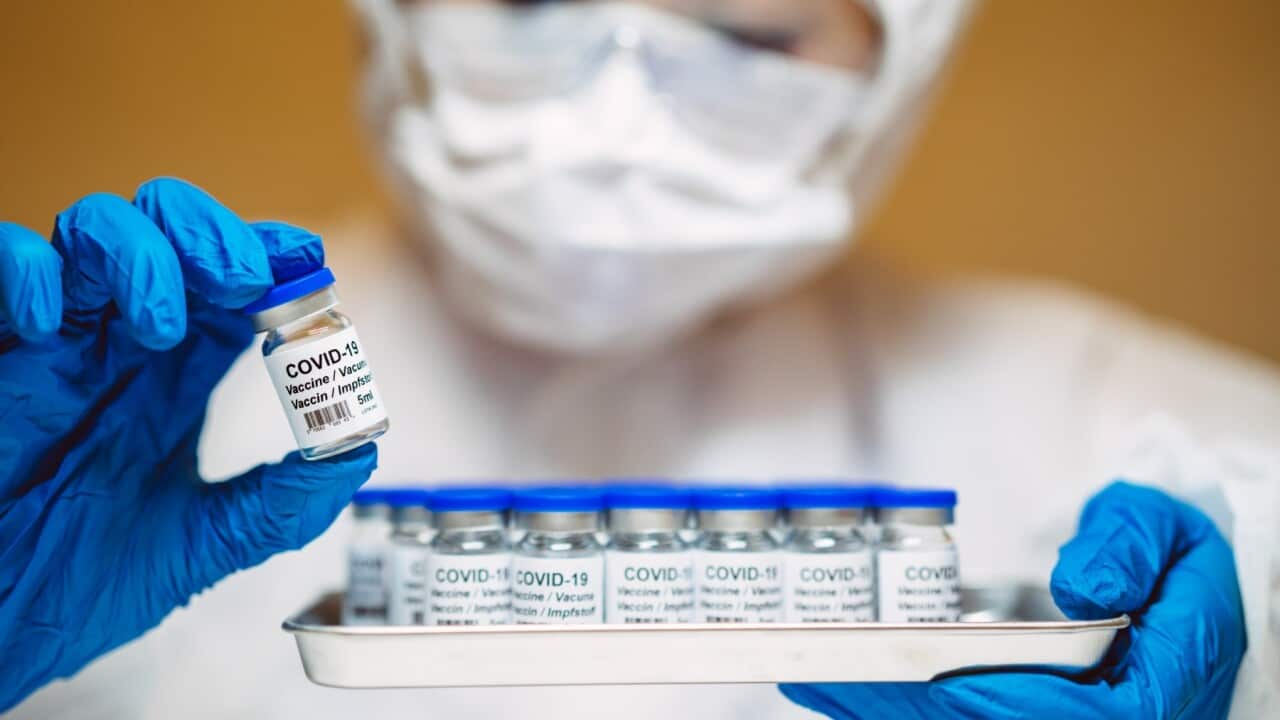Médicos australianos estão pedindo às pessoas que permaneçam calmas e que sejam vacinadas, quando chegar a sua vez, recomendando que não haja alterações no programa de vacinação do Covid-19 no país.
Isso após um caso muito raro de trombose, coágulo de sangue, em um homem de 40 e poucos anos, vacinado em Melbourne.
Ele acabou internado no hospital Box Hill na Sexta-feira Santa, 2 de abril, com febre e dores abdominais, e teve uma trombose, após ter sido vacinado no dia 22 de março.
O governo está investigando possíveis ligações entre a vacina AstraZeneca e o caso deste homem, mas acredita que há uma ligação.
O Diretor interino da Saúde da Austrália, Michael Kidd, disse que a recomendação de fazer a vacina continua vigente:
"The risks of serious side effects remain very low. But safety is paramount, which is why are continuing to do due diligence on this case. We have not been advised by ATAGI or the TGA to pause the rollout of the AstraZeneca vaccine in Australia. We continue to follow the medical advice of our national experts."
O médico clínico-geral Mukesh Haikerwaal, de Melbourne, disse que alguns poucos pacientes avisaram que querem esperar um pouco mais, até o final das investigações, antes de fazer a vacina, mas disse que as vacinas devem continuar:
"And if there is a problem sort it and if there is no problem, we're clear about the fact that this is a very small number of cases in Britain. You know 1 in 600,000. And that yes, you need to be wary of it, but it is very, very rare. So the message is please get vaccinated. Please be aware that there are always side effects and to report them. But we are reporting these in good faith upfront. So we're not hiding anything, and it is really important that we get good information and our own authorities will guide us."
O Departamento de Produtos Terapêuticos/Therapeutic Goods Administration, ou TGA, da Austrália, e especialistas internacionais estão em contato para determinar quais grupos de pessoas podem ter um risco maior de sofrer trombose após receber a vacina da AstraZeneca.
Já se sabe que os coágulos aparecem entre 4 e 20 dias após receber a vacina.
A professora Nada Hamad, da Sociedade de Hematologia da Austrália, disse que ainda não está claro se mulheres tomando pílula anticoncepcional ou pessoas com condições médicas subjacentes são mais suscetíveis a formar coágulos de sangue:
"We're trying to figure that out now because the number of cases are so low so it's hard to figure out what's common in all of these patients -- what are the risks associated with it or what in a patients history or background makes them more susceptible to this.
So at this stage it's not quite clear who may be specifically at risk but it appears to be happening in younger patients the age of number 55 has been reported in a number of occasions."
Autoridades da saúde alertam as pessoas a ficarem atentas a possíveis efeitos colaterais da vacina, em especial uma dor de cabeça forte e persistente.
















